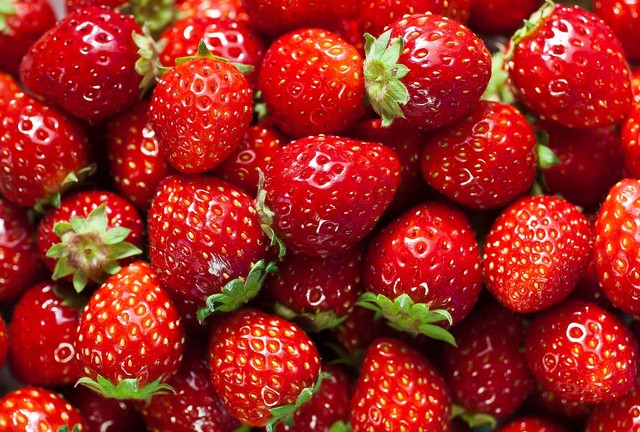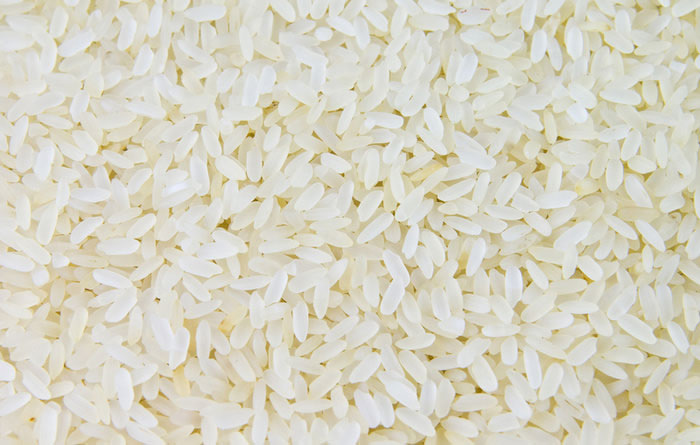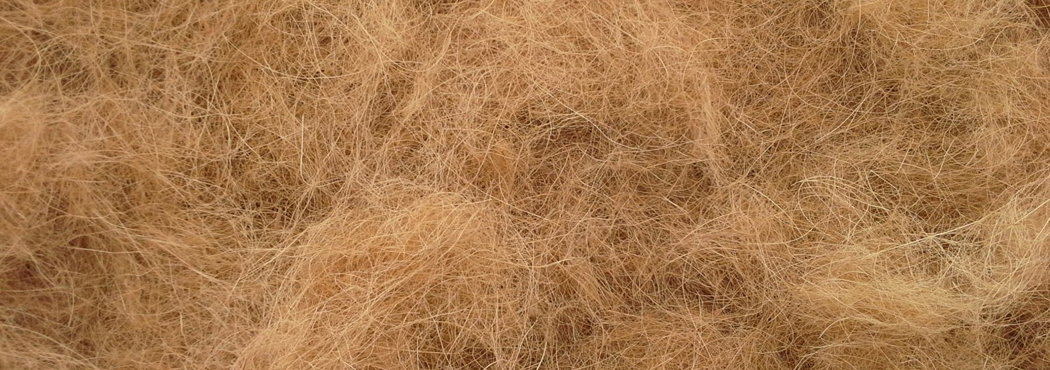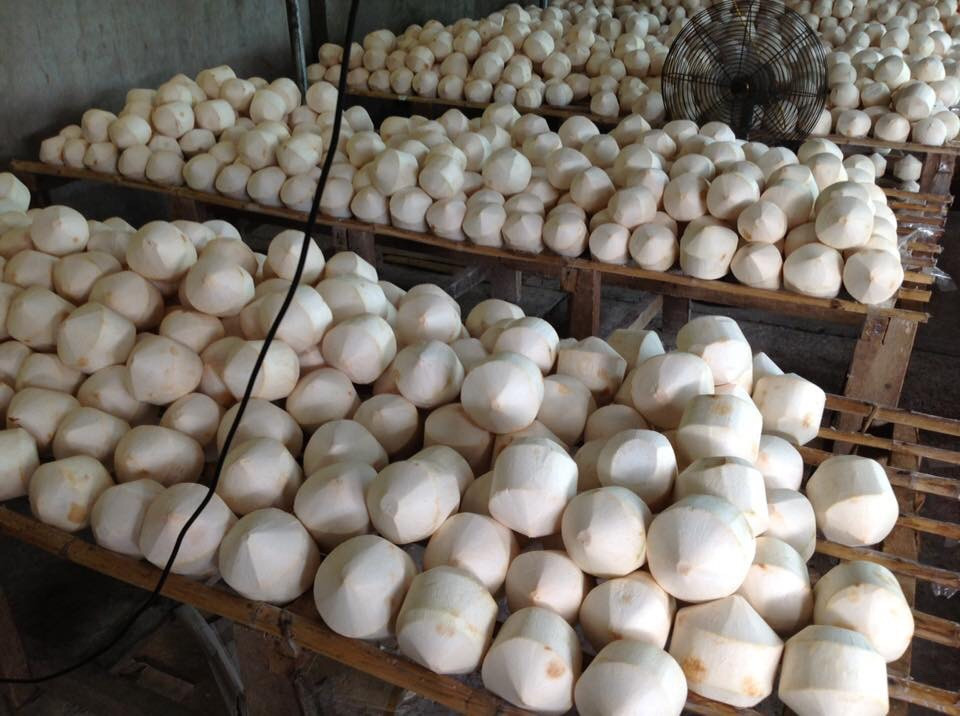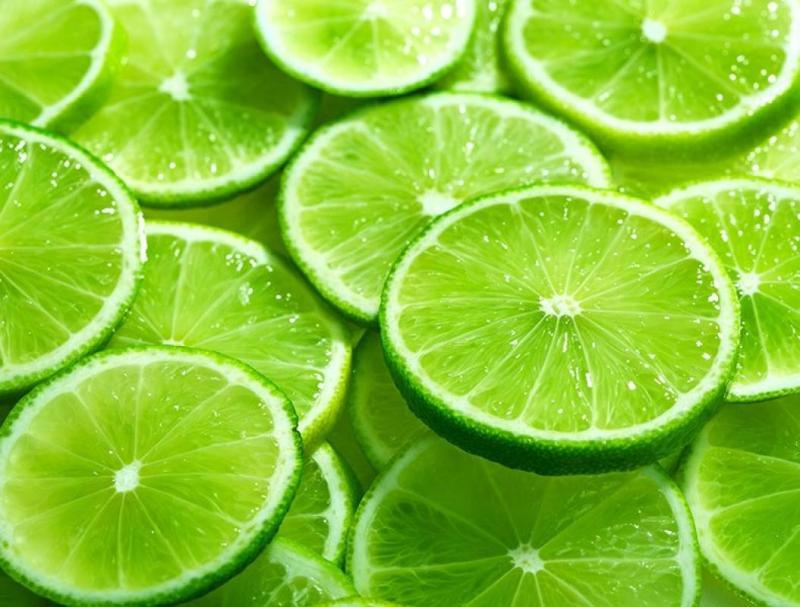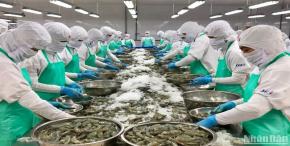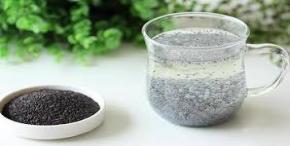News
Advantages of using rubber seed to produce Biodiesel
Update: 11/19/2014
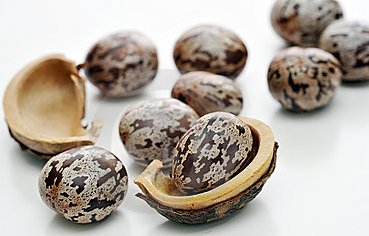
There are so many advantages associated with the use of rubber seed to produce Bio-diesel. A few of those advantages are as represented below.
1. Rubber seed is a rich source of essential fatty acids which should have made it a great dietary source of nutrients. But it is simply poisonous! Rubber seed contains cyanogenic glycoside which releases hydrogen cyanide in the presence of enzymes. This makes it a reserve for the production of non-edible products.
2. Rubber tree do not necessarily require cultivation of new plantations. Large plantations of Rubber trees meant for the production of rubber latex are rampant in Asia and Africa.
3. It is more profitable to farmers because they can now make extra profit from harvesting rubber seeds.
4. It will re-invogorate the economy of local communities which have abandoned their plantations due to low demand for rubber latex.
5. Rubber seed produces more oil, and exploring existing plantations around the world will go a long way in providing large percentage of world energy consumption.
Esterification of rubber seed oil
Bio-diesel production from normal oil requires esterification reaction of lipid(in this case Vegetable oil) with alcohol (usually ethanol or methanol) in the presence of alkaline catalyst.
But the presence of high free fatty acids of up to 37.69% (according to studies carried out in three universities in Nigeria) can discourage the use of Rubber seed oil for Biodiesel.
But the presence of high free fatty acids of up to 37.69% (according to studies carried out in three universities in Nigeria) can discourage the use of Rubber seed oil for Biodiesel.
Free fatty acids combines with alkaline catalyst (initiating saponification) to form soap which inhibits the separation of glycerol and esters.
Hence, a remedy must be initiated to overcome this obstacle before the actual formation of the diesel. The remedy involves the introduction of the Fischer Esterification before alkaline-catalysed Trans-esterification.
Source: http://jamesagbogun.hubpages.com
For more information click here
Hence, a remedy must be initiated to overcome this obstacle before the actual formation of the diesel. The remedy involves the introduction of the Fischer Esterification before alkaline-catalysed Trans-esterification.
Source: http://jamesagbogun.hubpages.com
For more information click here

